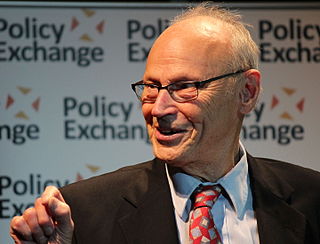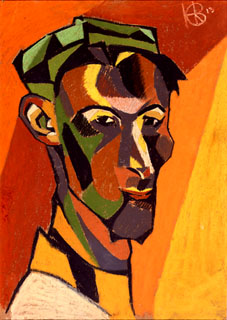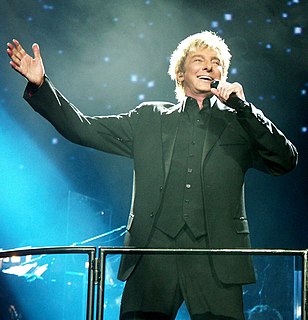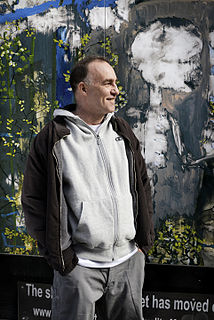A Quote by David Hepworth
Richard Hoggart's cultural analysis 'The Uses of Literacy' was published in 1957, but its influence still hovers over anyone setting out to write seriously about people's affection for things that aren't serious, such as the products of pop culture.
Related Quotes
I didn't think [Ella Enchanted] would get published. Everything I'd written till then had been rejected. If it was published, I thought it might sell a few thousand copies and go out of print. I thought if I was lucky I could write more books and get them published, too. I still pinch myself over the way things have worked out.
I've found that no one complains about pop culture being a source of someone lecturing to them. If someone's telling you about Kim Kardashian, you're not going to accuse them of lecturing to you. If I can explore an intersection between pop culture and science literacy, then it generally will not come across as a lecture.
There's always stuff to write about. So it's very gratifying on a lot of levels. This is stuff I got asked over and over again, or heard about. People would ask me about it, but they kind of knew the answer. It would be this ongoing question: "Your fans are wondering, now that you're married, are you still going to be able to write songs?" I'm serious! I would get asked that!
To write a love song that might be able to make it on the radio, that is something that is terrifying to me. But I can definitely write a song about that chair over there. That I can do, but to sit and write a pop song out of the clear blue sky, that is very difficult and I admire the people that can do it.

































